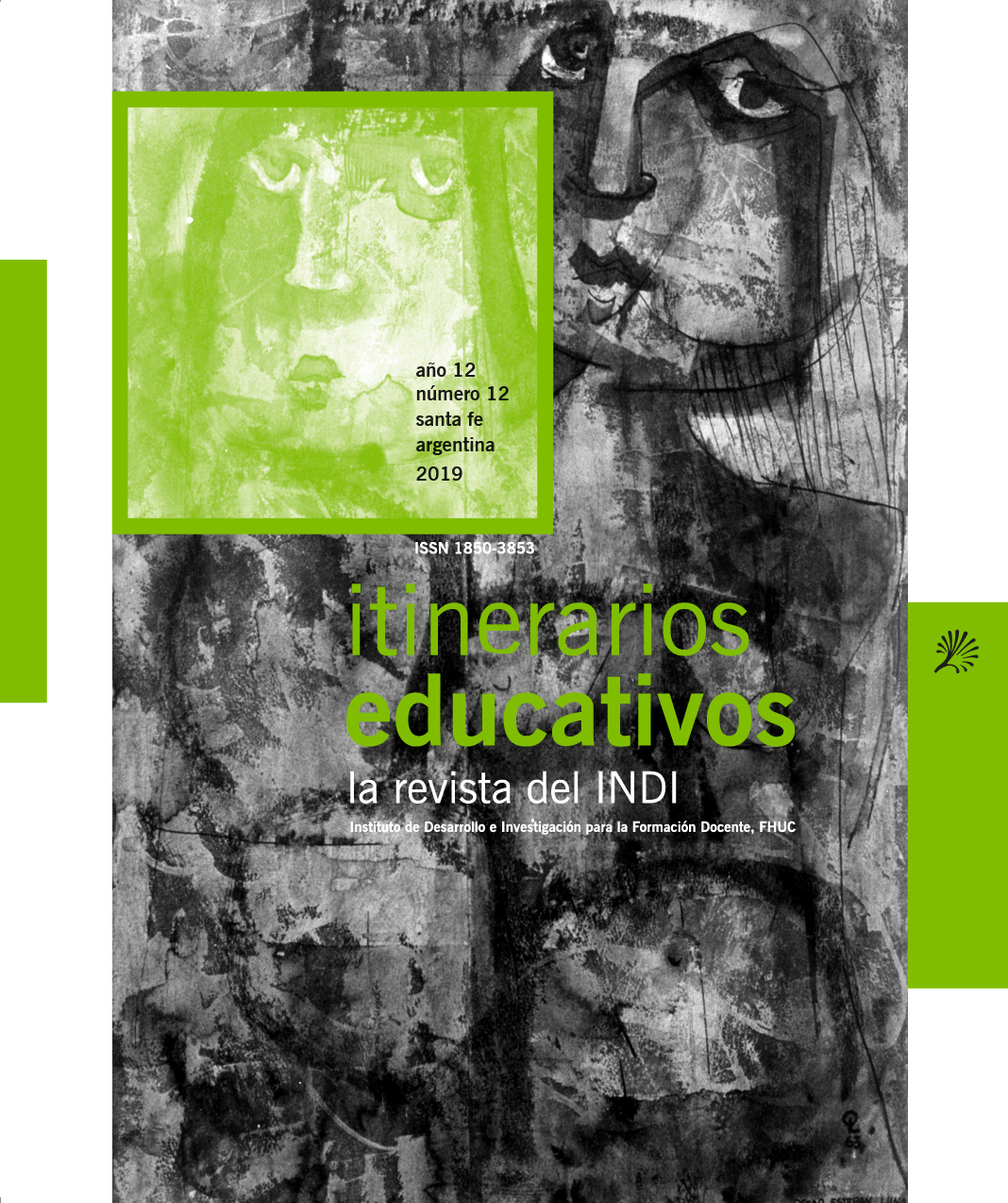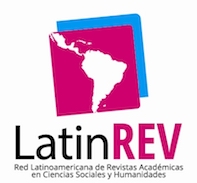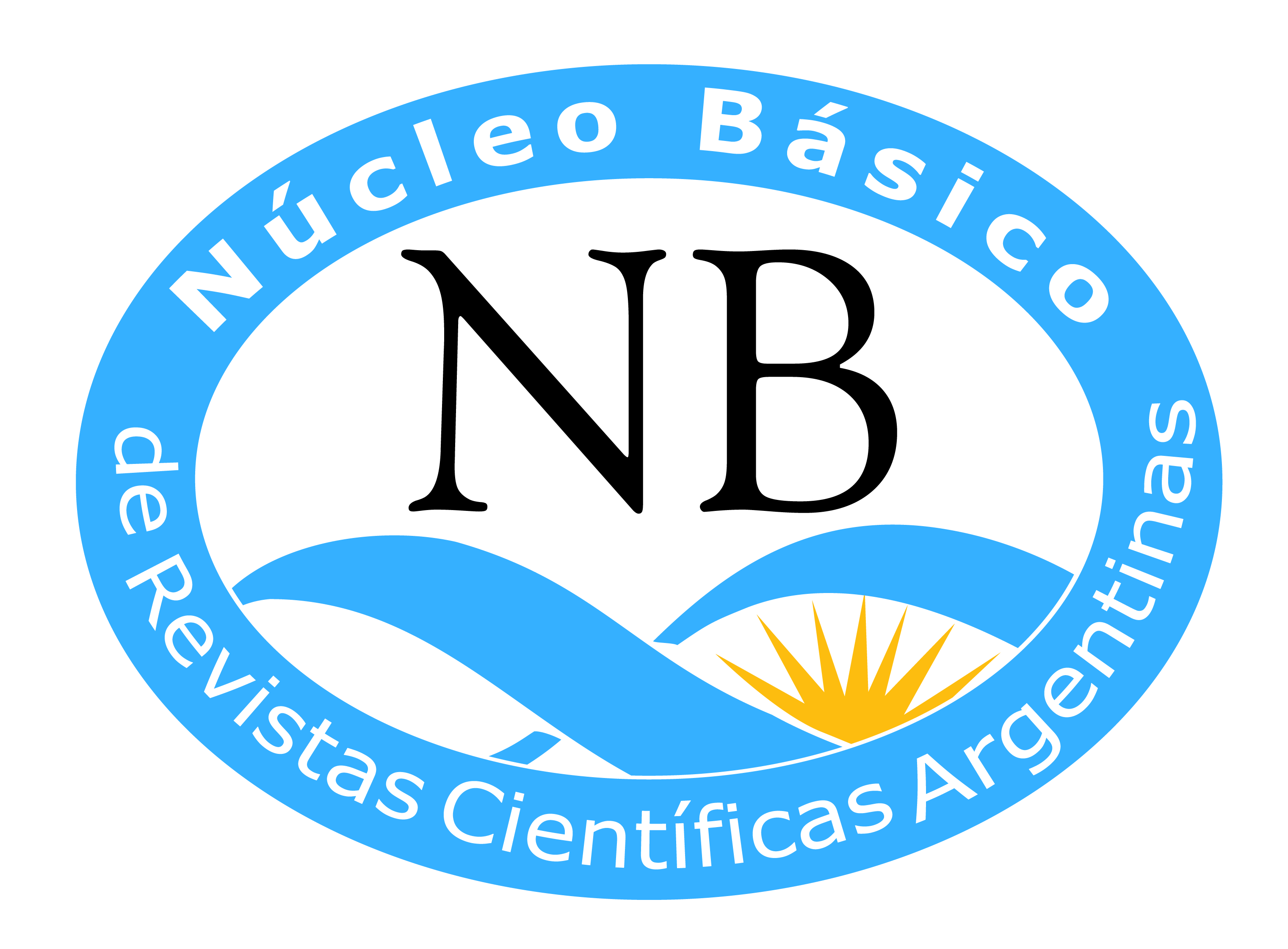Inclusion and diversity, heterosexuality, and sex/gender disobedience: theoretical-political-epistemological contributions to rethink CSE pedagogical discourse
DOI:
https://doi.org/10.14409/ie.v0i12.8835Keywords:
inclusion · sexual diversity · cse · heterosexuality · sex/gender disobedienceAbstract
Inclusion and sexual diversity constitute a
relevant conceptual binomial in the pedagogical discourse
of Comprehensive Sexuality Education (CSE). Given
the uncritical use of this duo, the purpose of this paper
is to reveal some of its political-epistemological implications
through which privileges and subalternities are
perpetuated. In this regard, a reflexive analysis based
on the concept of heterosexuality as a political regime of
oppression should be posed with the aim of suggesting
the replacement of a pedagogy based on sexual diversity
inclusion by a de-heterosexualizing and celebratory
pedagogy based on sex/gender disobedience.
Downloads
Published
2019-12-30
How to Cite
Rojas, A. (2019). Inclusion and diversity, heterosexuality, and sex/gender disobedience: theoretical-political-epistemological contributions to rethink CSE pedagogical discourse. Itinerarios Educativos, (12), 187–197. https://doi.org/10.14409/ie.v0i12.8835
Issue
Section
Essays
License
Those authors who have publications with this magazine, accept the following terms:
The authors will retain their copyright and guarantee the journal the right of first publication of their work,
which will be simultaneously subject to the Creative Commons Recognition License that allows third parties to share
the work whenever its author and first publication this magazine.
Authors may adopt other non-exclusive licensing agreements for the distribution of the published work (eg, deposit
it in an institutional telematic file or publish it in a monographic volume) whenever the initial publication in this
journal is indicated.
Authors are allowed and advised to disseminate their work through the Internet (eg, in institutional telematic files
or on their website) before and during the submission process, which can produce interesting exchanges and increase
citations of the published work. (See The effect of open access).
















